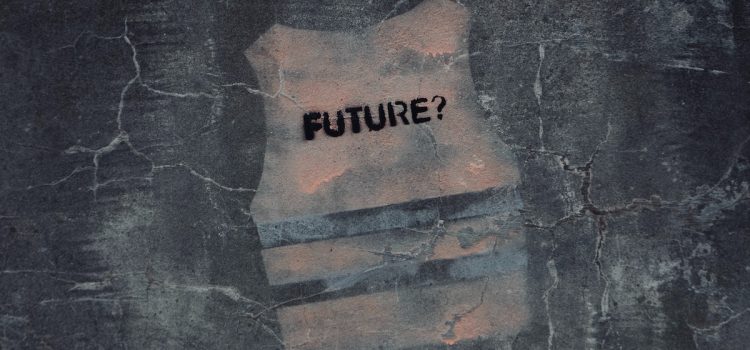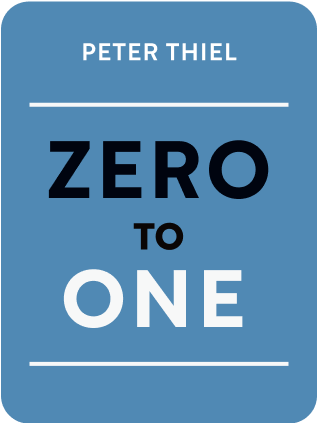

This article is an excerpt from the Shortform summary of "Zero To One" by Peter Thiel. Shortform has the world's best summaries of books you should be reading.
Like this article? Sign up for a free trial here .
What’s the future of the world? What are the main challenges the future holds in store?
Peter Thiel likes to ask job candidates what he calls a contrarian question: “What important truth do few people agree with you on?” The best answers provide insight into the future. While most people think that globalization will dictate the world of the future, Thiel believes that technology will.
Keep reading for Thiel’s take on the challenge of the future.
The Challenge of the Future
Progress can be either horizontal or vertical. Horizontal or expansive progress results from duplicating success—going from 1 to n. We can easily envision this kind of progress because it’s much like the present. Vertical or intensive (focused) progress requires originality—going from 0 to 1. It’s more difficult to envision because we’ve never seen it before.
An example of horizontal progress would be building a dozen horse-drawn carriages based on the design of an existing one. An example of vertical progress would be building the first automobile to replace a horse-drawn carriage.
Globalization is horizontal progress—it entails taking something that works in a particular place and replicating it everywhere. For instance, China’s 20-year plan is to be like the West is today.
Technology, going from 0 to 1, is vertical progress—it encompasses anything new and better, including but not limited to computers.
These modes of progress can occur simultaneously or one at a time. For instance, the period from World War I through Nixon’s visit to China in 1971 featured technological development but not much globalization. However, since 1971, we’ve seen rapid globalization without much technological development beyond information technology.
Globalization is a path to homogenization. The way we talk about “the developed world” implies a belief that technological progress has reached its apex in Western nations. Meanwhile, “developing nations” haven’t yet attained this plateau, but it’s just a matter of time before they do.
According to Peter Thiel, the main challenge of the future will be developing technology to accommodate globalization. Continued globalization isn’t feasible without technological progress, because the industrialization of more countries will lead to more problems. For instance, if China doubles its industrial production without technology improvements, it will double its pollution, potentially making its cities unlivable. People associate Western business practices and lifestyles with wealth, but if the whole world tries to adopt current Western methods, they will only deplete their resources—bringing ruin, not wealth.
New technology has never been a given. From the primitive agrarian societies thousands of years ago up until the advent of the steam engine in the 1760s, there was little technological progress. From that point, technological advances continued through 1970. In the late 1960s, however, people looked forward to a future of tech advances that didn’t happen—for instance, cheap energy and recreational space travel. Although they expected great advances to be automatic, only computers and communications advanced dramatically. Imagining a better future is a prerequisite to creating it, but it’s only half the battle. Then we need to develop the technology to make it a reality.
Startup Thinking
For several reasons, startups consisting of a few people with a mission are the source of most new technology.
Big organizations don’t often produce new technology because they tend to avoid risk. People working alone seldom produce new technology either. A brilliant loner might produce great art, but she wouldn’t have the means to create a new industry.
Startups work because it takes multiple people to create new technology, but only small companies can be flexible and cohesive enough to embrace new thinking. Furthermore, high-tech startups recognize that original thinking is their most valuable asset because their success depends on their ability to redefine their industry.
Thiel clarifies that his book is not a recipe for creating a successful startup—by definition, there can’t be a recipe for a successful startup, because successful startups require original thinking. But his book does provide a starting point for considering the questions that you must answer for your startup to succeed.

———End of Preview———
Like what you just read? Read the rest of the world's best summary of Peter Thiel's "Zero To One" at Shortform .
Here's what you'll find in our full Zero To One summary :
- Why some companies genuinely move the world forward when most don't
- How to build a company that becomes a monopoly (and why monopolies aren't bad)
- Silicon Valley secrets to selling products and building rockstar teams






